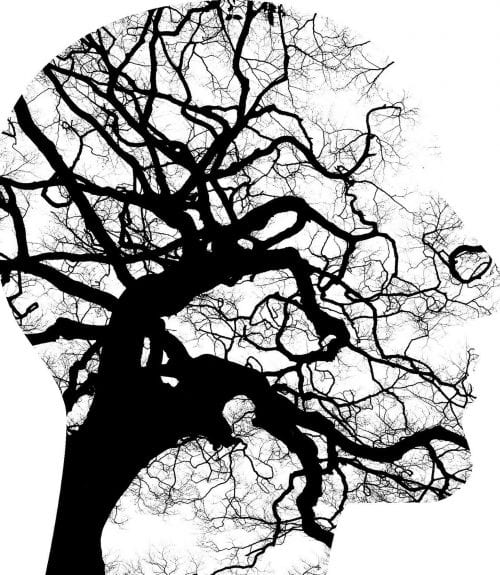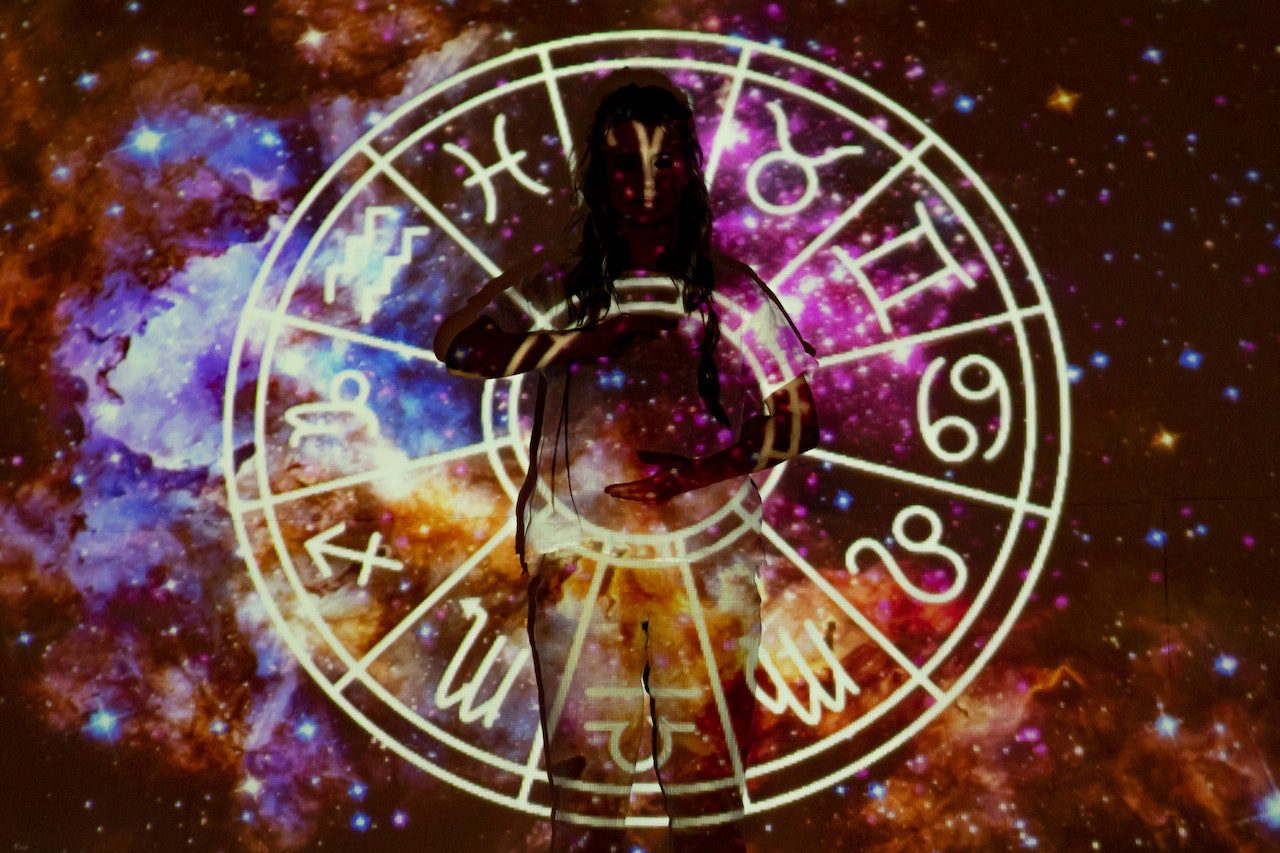Pseudopsychology
 Let’s bring up the concept of pseudopsychology next – this will help provide a demonstration of the importance of the scientific method and having a scientific mentality. Pseudo means “false” or “fake”. Something may resemble psychology in its actual scientific form, but because critical thinking and empirical evidence is lacking, it is not valid “real” psychology. Pseudopsychology isn’t always easy to identify, but pay attention to what the claims are based on…is it observable or measurable? Are the explanations so general and vague that it would be difficult to argue against? Is there circular reasoning to explain the ideas? Upon careful consideration, one can see that pseudopsychology is often based on anecdotal evidence, personal experience, or speculation…not scientific research.
Let’s bring up the concept of pseudopsychology next – this will help provide a demonstration of the importance of the scientific method and having a scientific mentality. Pseudo means “false” or “fake”. Something may resemble psychology in its actual scientific form, but because critical thinking and empirical evidence is lacking, it is not valid “real” psychology. Pseudopsychology isn’t always easy to identify, but pay attention to what the claims are based on…is it observable or measurable? Are the explanations so general and vague that it would be difficult to argue against? Is there circular reasoning to explain the ideas? Upon careful consideration, one can see that pseudopsychology is often based on anecdotal evidence, personal experience, or speculation…not scientific research.
One example of pseudopsychology is astrology and the role it supposedly plays on personality and one’s future. See, one important element missing from pseudopsychology is the use of critical thinking, which is the process of weighing different pieces of evidence, synthesizing them, and determining the contributions of each. True psychology is driven by critical thinking. Critical thinking requires one to go beyond definitions and verification of facts to examine the underlying concepts and applications. Critical thinking is an important life skill, no matter who you are, or what your profession will be.
Critical thinking is also crucial in the scientific method, the process scientists use to conduct research, which also includes a continuing cycle of exploration and systematic observation. The goal of the scientific method is to gather empirical evidence from experiments, controlled procedures involving careful examination through the use of scientific observation and/or manipulation of variables.
What’s the Problem?
Generally speaking, the beliefs one has and the framework in which they use them is their personal right. The purpose of this article is not to dismiss the importance of personal belief systems…it is to highlight the importance of knowing the difference between science and pseudoscience, especially for those who are actively seeking out measurable truths. In this case it is important to be skeptical of any system of thought or practice that claims to be psychological but does not meet the standards of scientific psychology.
It is also worth considering how in one’s personal life pseudopsychology can be harmful because it can lead people to make decisions based on false information. For example, someone who believes in astrology might make decisions about their relationships, academics, or career based on their astrological sign, even if there is no scientific evidence to support those claims. It could also prevent people from seeking professional help when it is warranted because they are instead focused on using pseudopsychological techniques.
Spotting Pseudopsychology
Here are some tips for spotting pseudopsychology:
- The information claims to be able to predict the future: Though we can often predict outcomes based on the knowledge of multiple variables, scientific psychology would not claim the ability to fully predict the future.
- The claims rely on anecdotal evidence: Case studies and a collection of personal stories can be insightful, but they alone are insufficient – scientific psychology relies heavily on scientific evidence, not on personal stories or testimonials.
- The claims are based on speculation or conjecture: Scientific psychology is based on scientific research, not because someone simply thinks it might be true (often due to anecdotal evidence).

Matthew A. Webster, MA, MS, ED.D, LPC
Dr. Matt Webster is a professional educator, nutritionist, and therapist located in the Houston, Texas area. He specializes in couples therapy, sexuality, and maladaptive eating patterns with a focus on the role of nutrition. More About Matt >>
Last modified:











